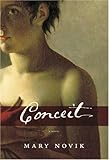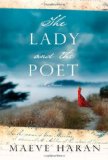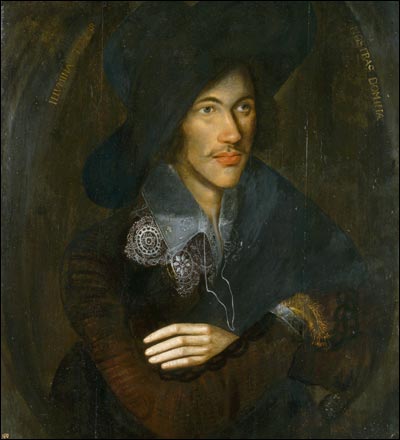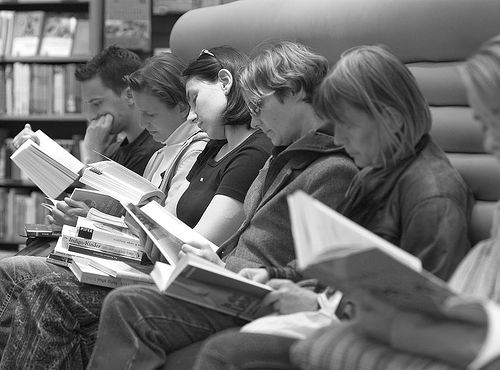 Mary Novik’s novel Conceit is the story of John Donne’s daughter Pegge and her quest to discover what love is. She is entranced by her parents’ relationship—in an unusual move for their time, they married for love, but by the end of his life, Novik’s Donne seems to regret this decision in some ways as he searches for husbands for his own daughters and tries to suppress his past and his feelings for Ann, who died years before the novel’s events. He is concerned about the legacy he leaves behind and works hard to construct an expurgated life story for himself, focused on his work as Dean of St. Paul’s. The novel begins as Pegge braves the Great Fire of London in 1666 to save the effigy of her father in St. Paul’s and travels back through Pegge’s memories of her father’s death, the memories of her own parents, and forward again to Pegge’s life as a wife, mother, and grandmother.
Mary Novik’s novel Conceit is the story of John Donne’s daughter Pegge and her quest to discover what love is. She is entranced by her parents’ relationship—in an unusual move for their time, they married for love, but by the end of his life, Novik’s Donne seems to regret this decision in some ways as he searches for husbands for his own daughters and tries to suppress his past and his feelings for Ann, who died years before the novel’s events. He is concerned about the legacy he leaves behind and works hard to construct an expurgated life story for himself, focused on his work as Dean of St. Paul’s. The novel begins as Pegge braves the Great Fire of London in 1666 to save the effigy of her father in St. Paul’s and travels back through Pegge’s memories of her father’s death, the memories of her own parents, and forward again to Pegge’s life as a wife, mother, and grandmother.
Novik brings seventeenth century England to life in this novel. In many cases, I think writers of historical fiction create characters who act too much like modern people. This novel reminded me of Anthony Burgess’s Nothing Like the Sun (review here) in its attention to period detail. Novik has managed to capture a place that seems much more real than most historical fiction novels do. Even though Pegge is somewhat eccentric for her time, I found her completely plausible as a character because of Novik’s skill as a writer. What else would the daughter of John Donne be? I found myself shaking my head at her and sympathizing with her husband William a great deal, but she was oddly endearing. I really enjoyed reading about all of her experiments (from fish recipes to horticulture). A favorite quote by Novik’s Donne from the novel:
“That is my last poem, Pegge. See that it gets to Marriot for printing with the others. I am glad it was you who came into the room just now. Of all my children, you have the most poetry in you, thought God knows how you will use it.”(214)
Conceit is a rare historical novel that allows the reader to feel immersed in a time period, learn some history, and enjoy the story all at once.
Rating:




I read this book for the Historical Fiction Reading Challenge. I’ve read three now. Twelve more to go!








